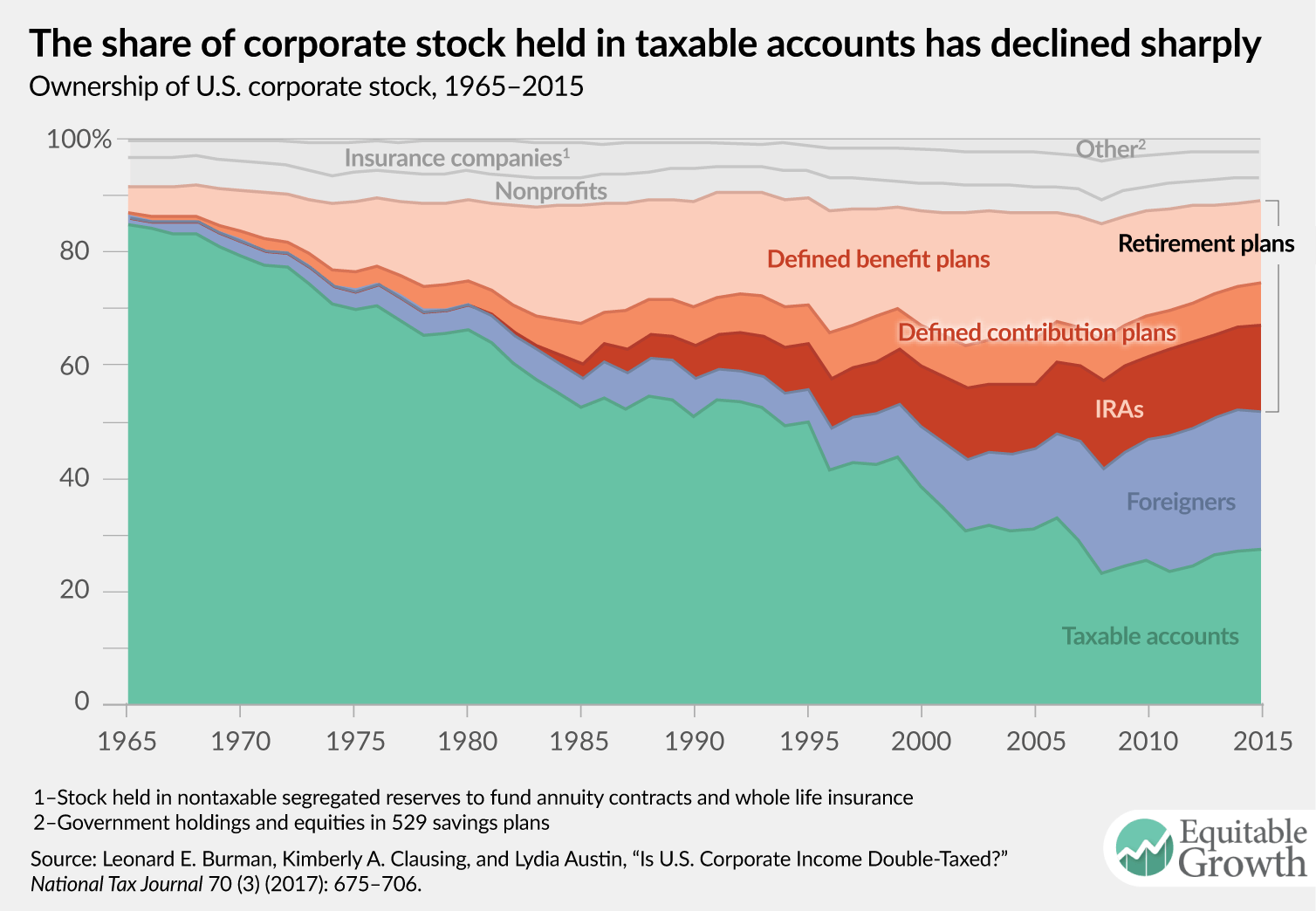Must-Read: As one would expect, Paul Krugman is right here: If the Tax Foundation’s model is a good projection of the effects of the Trumpublican tax cut for the rich, it would indeed reduce manufacturing employment by around 2.5 million”. Now it is highly unlikely that it would do that—a tenth of that number would be more on the mark. IMHO, take the Tax Foundation’s claims about the bill and divide the benefits by 10—and recognize that the Tax Foundation does not assess the costs of the bill at all:
Paul Krugman: Tax Cuts and The Trade Deficit: “TF provides very little detail on their model, which is itself a flashing red light: transparency is essential…
…But… read in a ways, there’s a table….
In… a decade… the U.S capital stock will be 9.9% bigger than it would otherwise have been. Where do the savings for that increase in capital come from? Since there’s nothing in the bill that would increase domestic savings—on the contrary, the budget deficit would reduce national savings—they come from inflows of foreign capital… extra… trade deficits… more than $600 billion a year. Somehow, TF isn’t advertising that point…. Mainly it would come from manufacturing…. The U.S. manufacturing sector would be around 20% smaller than it would have been otherwise…. Huge capital inflows would drive up the dollar, making U.S. manufacturing much less competitive…. Starting with 12.5 million current manufacturing workers, this means around 2.5 million fewer manufacturing jobs.
So let me say this clearly: if you believe the Tax Foundation analysis, you should also believe that the Senate bill would reduce manufacturing employment by around 2 1/2 million. Yes, jobs would be added in other sectors. But it’s not exactly what Trump has been promising, is it? So why isn’t Tax Foundation talking about any of this? Actually, it’s pretty clear that they haven’t thought through the implications of their own model…


